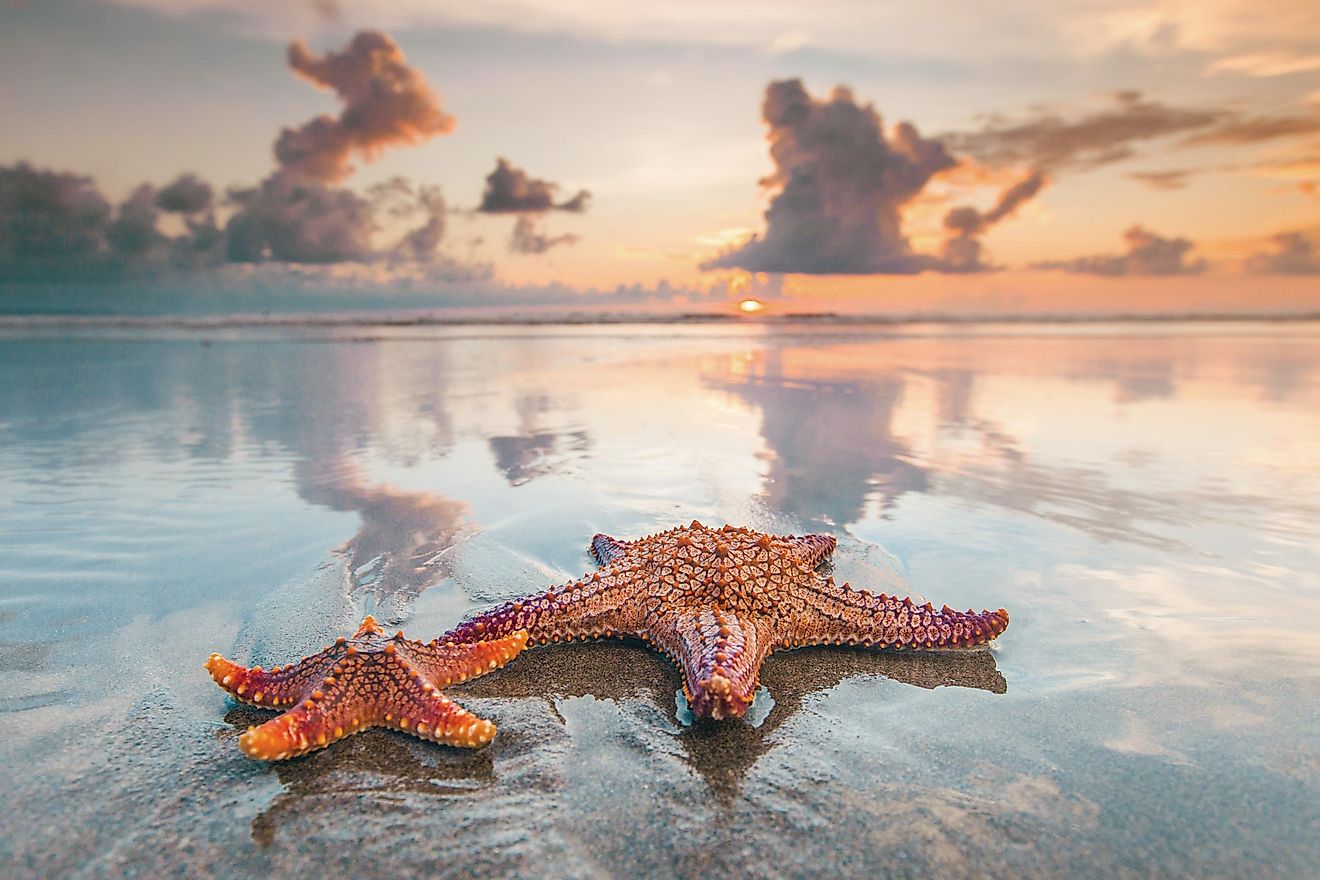What Are Fairy Penguins?

- Fairy penguins are found in Australia, New Zealand, Chile and South Africa.
- Their lifespan is about 6.5 years in the wild but can live up to 25 years in captivity.
- The largest population of fairy penguins is found in Tasmania where about 190,000 pairs live.
The fairy penguin is the smallest of the penguins. It grows to about 13-17 inches in height. Large populations are found in New Zealand and Australia, while a few have been seen in Chile. They are commonly known as little penguins except for Australia, where they are popularly known as fairy penguins. In New Zealand, they are known as blue penguins or little blue penguins due to their blue plumage.
Physical Description
Fairy penguins look like typical penguins except for their much smaller size. They walk upright and have flippers for swimming. Their upperparts, including the head, are blue while their ears are slate grey, fading to white from the chin to the belly. Their webbing feet are pink with black soles while their beaks are dark grey. Fairy penguins live for about 6.5 years in the wild and up to 25 years in captivity.
Habitat And Distribution
Fairy Penguins are found along the coast of New Zealand and Southern Australia. A few birds are found in Chile and South Africa. The global estimate of the bird is between 350,000 and 600,000 individuals. The populations in New Zealand have been on a gradual decline, with some colonies becoming extinct while others continue to be at risk. Nevertheless, the species is not considered endangered. Australian populations are found in New South Wales, Jervis Bay Territory, South Australia, Tasmania, Victoria, and Western Australia. The largest colony is in Tasmania, with about 190,000 breeding pairs.
Diet
Little penguins feed on crustaceans, cephalopods, and small clupeoid fish. The typical diet in New Zealand consists of slender sprat, arrow squid, red cod, and Graham's gudgeon. The penguins of Southern Australia fed on sardines until the mass sardine mortality of the 1990s changed their diet to arrow squid, anchovy, and barracoota. On average, the penguins dive to less than 10 feet and spend about 20 seconds beneath the surface though they can dive as deep as 180 feet and spend about 90 seconds below the water surface.
Reproduction
Female penguins travel to breeding colonies in June and are met by males who perform courting displays. The females lay eggs between June and August, with each bird laying an average of 2 eggs. Hatching occurs after five weeks. They build nests in rock crevices or dig long barrows to hide their young ones from predators. Little penguins are monogamous, and partners mate for life. Both females and males incubate the eggs and care for the young. Chicks are fed for five weeks, after which they are forced out of the nest to fend for themselves.
Predators And Conservation
Fairy penguins are not an endangered species. The population in Australia has remained relatively stable but declining in New Zealand. The birds spend 80% of the time offshore and therefore face predation from seals, sharks, and killer whales. On land, they are predated by large gulls and sea eagles. Man-made hazards are road kills, oil spills, plastics, and fishing nets. Penguin populations in areas with human activities suffer from pollution and predation from feral animals. Their numbers have reduced drastically along the southern coast of Australia as a result of domestic cats.











